Category : Community
Oct 13, 2021 | Announcements, Community, News, Social Enterprise
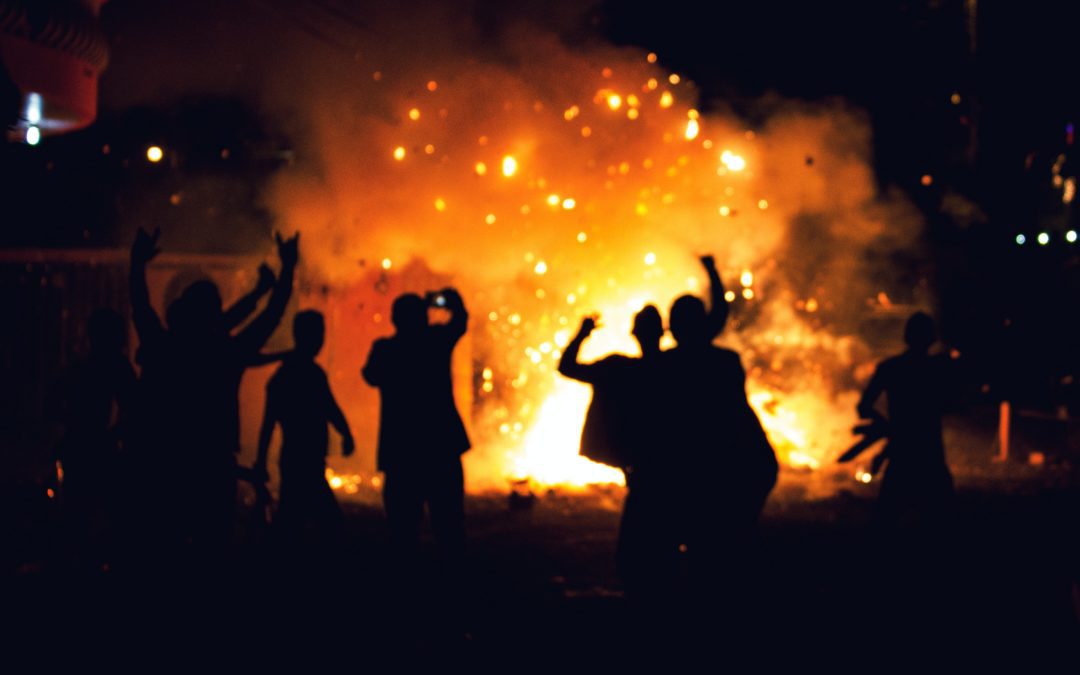
Aidan Milliff, Mittal Institute Graduate Student Associate, is a Ph.D candidate at the Massachusetts Institute of Technology, and a predoctoral fellow at the Institute for Security and Conflict Studies at George Washington University. He wrote an Op-Ed in the Hindustan Times on India’s response to riots in 1984 and 2020.
Oct 13, 2021 | Announcements, Community, News, Social Enterprise
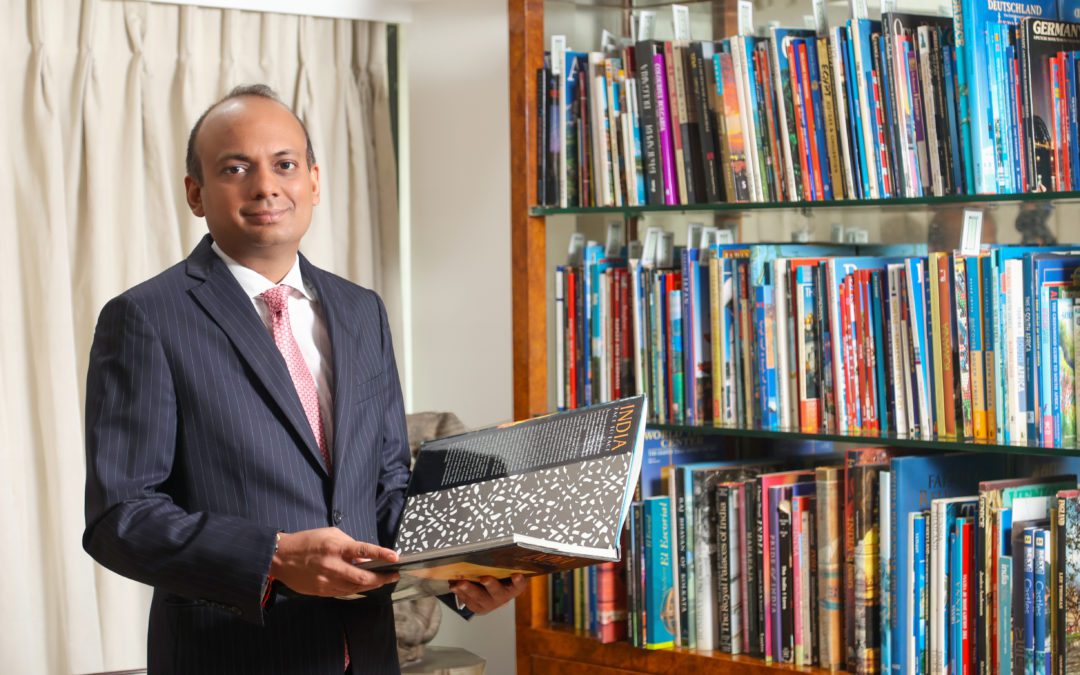
Kushagra Nayan Bajaj, an Indian businessman and Chairman of the Bajaj Group, Chairman and Managing Director of Bajaj Hindusthan Limited, and Chairman of Bajaj Corp Limited is the benefactor of the Mittal Institute’s newest research fellowship, the Jamnalal Kaniram Bajaj Trust Visiting Research Fellowship Fund. His support creates a fellowship at the Mittal Institute to deepen the teaching and research on significant cultural issues related to South Asia.
Sep 29, 2021 | Announcements, Bangladesh, Community, In Region, News, Students
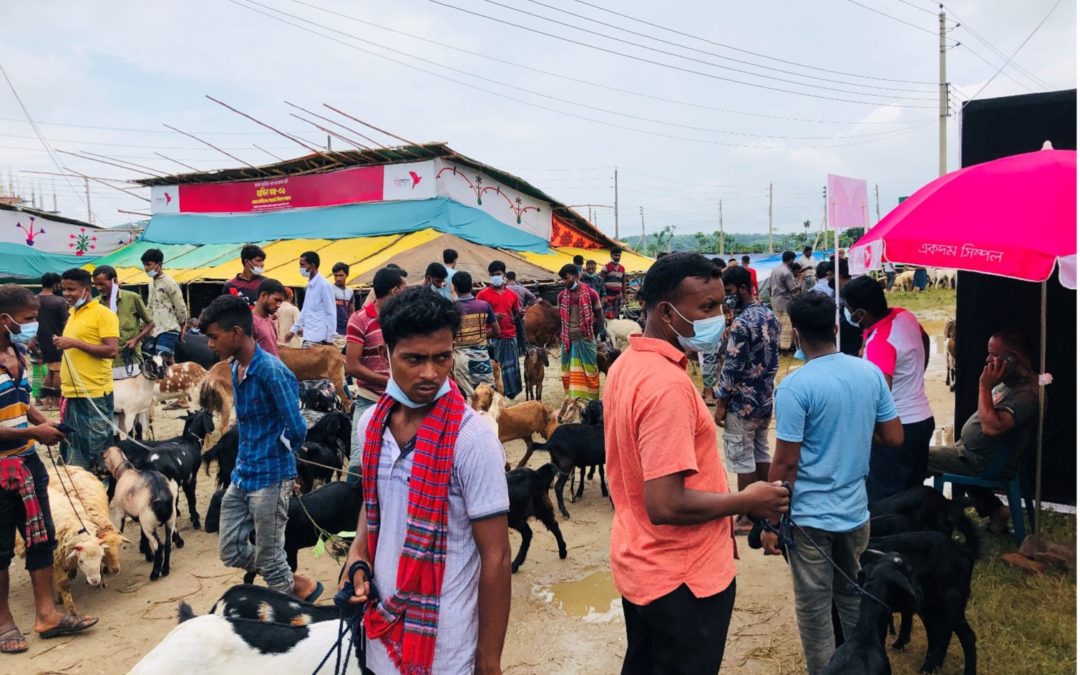
Nusrat Jahan Mim, a Harvard D.Des candidate, was a recipient of a Mittal Institute Summer 2021 Research Grant, and she shared her findings in the account below. As a part of her Doctor of Design thesis, she investigated and collected spatial data from the largest annual makeshift cattle marketplaces in Dhaka, Bangladesh during Eid ul Adha (July 19-23, 2021).
Sep 29, 2021 | Announcements, Community, In Region, India, News

In this episode of the ‘India in Focus’ podcast, Bindu Ananth, Chair at Dvara Trust, speaks with Dr. Nachiket Mor, Visiting Scientist, The Banyan Academy of Leadership in Mental Health. Dr. Mor leads the financing workstream at the Lancet Citizens’ Commission, which seeks to address challenges related to the sources and utilization of health expenditures, in order to maximize financial risk protection and to ensure an effective, equitable, reliable, and responsive health system for all.
Sep 29, 2021 | Announcements, Associates, Community, In Region, India, News
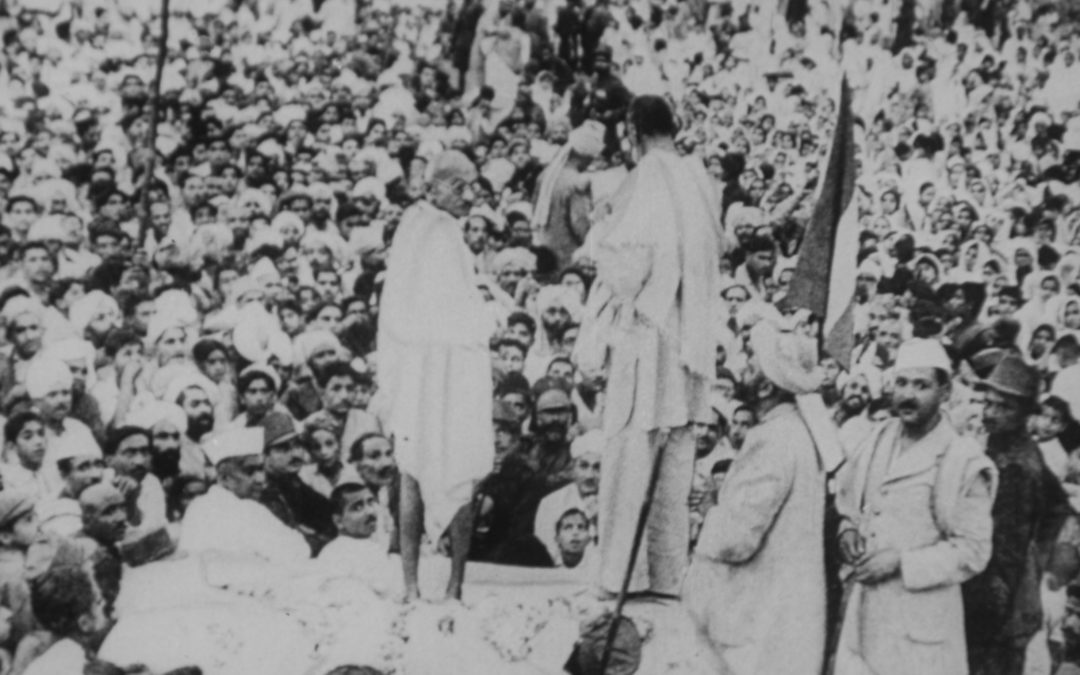
Join us on Wednesday, October 6 at 8:00am EST for “India at 75: The Global Roots of Independence,” moderated by Dinyar Patel, Mittal Institute Research Affiliate and Assistant Professor of History at the S.P. Jain Institute of Management and Research (SPJIMR) in Mumbai. He will join a conversation on “India at 75: The Global Roots of Independence” with panelists Nico Slate, Professor and Department Head, Department of History, Carnegie Mellon University and Carolien Stolte, Senior Lecturer in History at Leiden University, The Netherlands. The Mittal Institute sat down with Dinyar to discuss the event and his new paper, which he will share at the talk.
Sep 16, 2021 | Announcements, Associates, Community, In Region, India, News
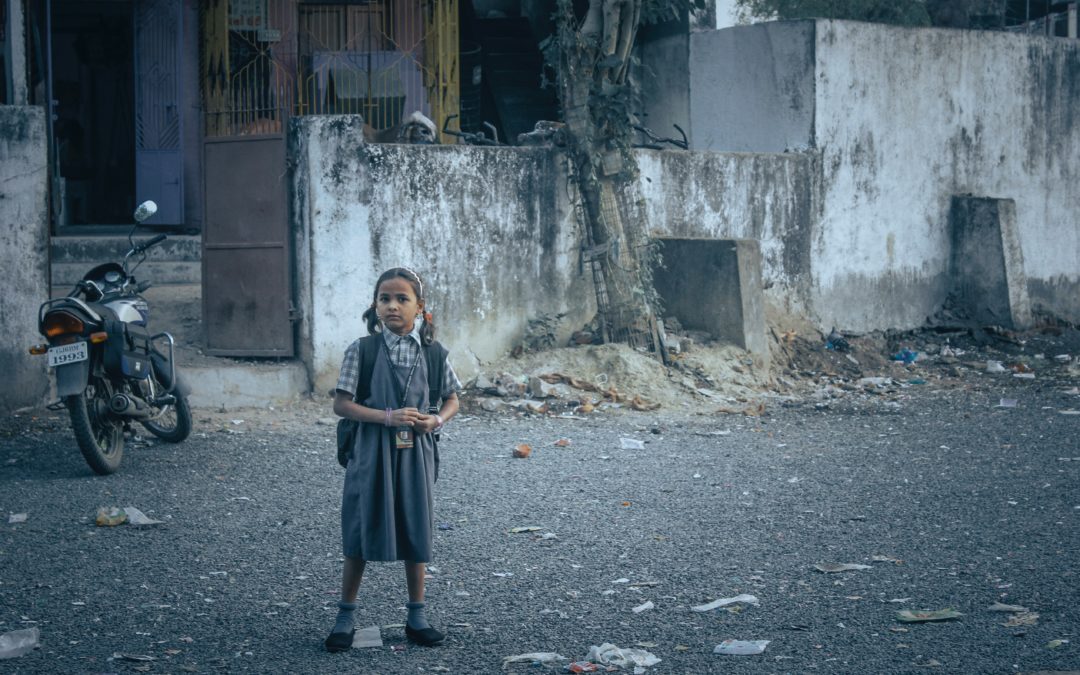
Akshay Mangla, Mittal Institute Research Associate and Associate Professor in International Business at the University of Oxford, recently authored the new publication, “Social conflict on the front lines of reform: Institutional activism and girls’ education in rural India,” in Public Administration and Development. The study analyzes how institutional activists (frontline workers) within the Indian state negotiate social conflicts as they seek to integrate disadvantaged girls into the school system by mobilizing village women’s groups and encouraging deliberation with target households. The Mittal Institute sat down with Akshay to explore his recent work, and expertise in the comparative political economy of developing countries.
Sep 9, 2021 | Announcements, Community, In Region, News, South Asia in the News

U.S airmen board a C-17 during Afghanistan troop withdrawal. Wikipedia photo. Join the Asia Center and The Mittal Institute on Friday, September 10 at 9:00am for “Implications: Regional Perspectives on the US Withdrawal from Afghanistan.” This talk, an...
Sep 2, 2021 | Announcements, Community, In Region, India, News, Students
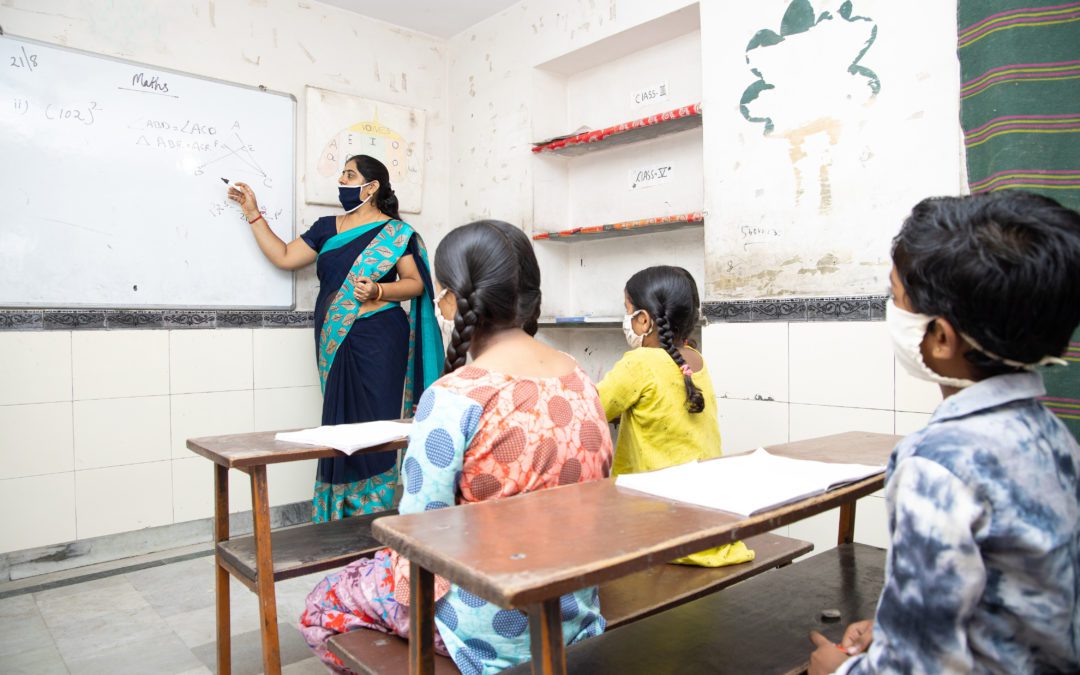
In 2017, Richa Gupta, who has an Ed.M from the Harvard Graduate School of Education, co-founded Labhya Foundation along with Malika Taneja, a Chartered Accountant who formerly worked at KPMG and Vedant Jain, anEntrepreneur. The program this foundation supports—one of...
Sep 2, 2021 | Announcements, Community, COVID-19, Faculty, In Region, India, News
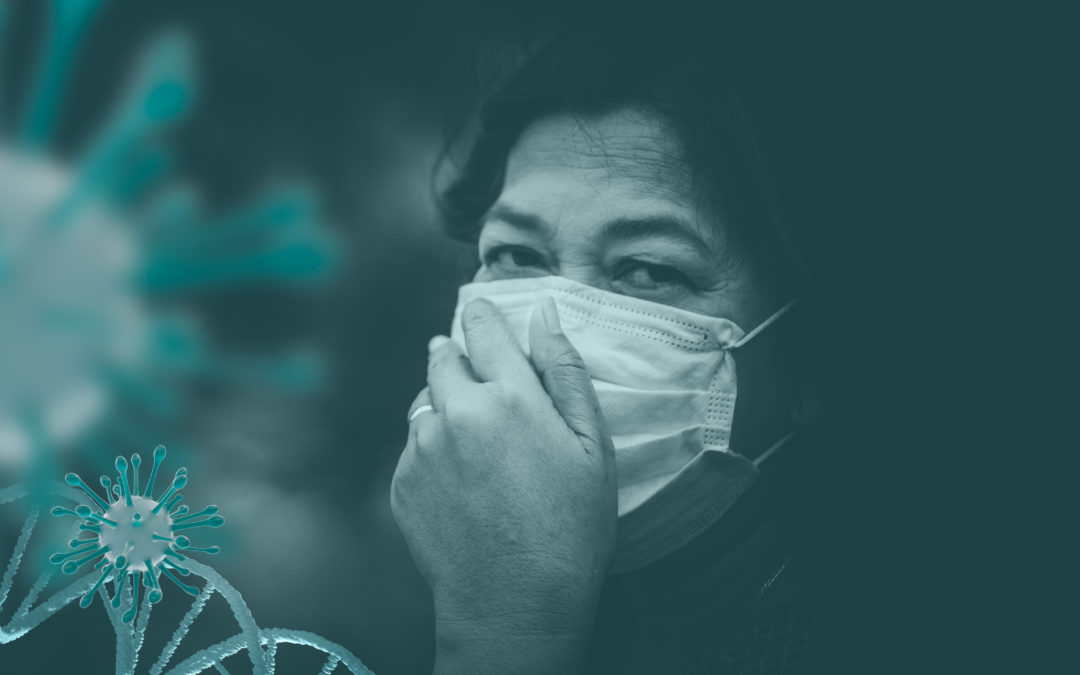
As India experienced substantive health and socioeconomic consequences of the COVID-19 pandemic, the webinar focused on emerging COVID-19 variants, how vaccines can adapt to these new variants, and how India can mitigate a potential third wave. Through the webinar...
Aug 19, 2021 | Announcements, Community, In Region, News, South Asia in the News
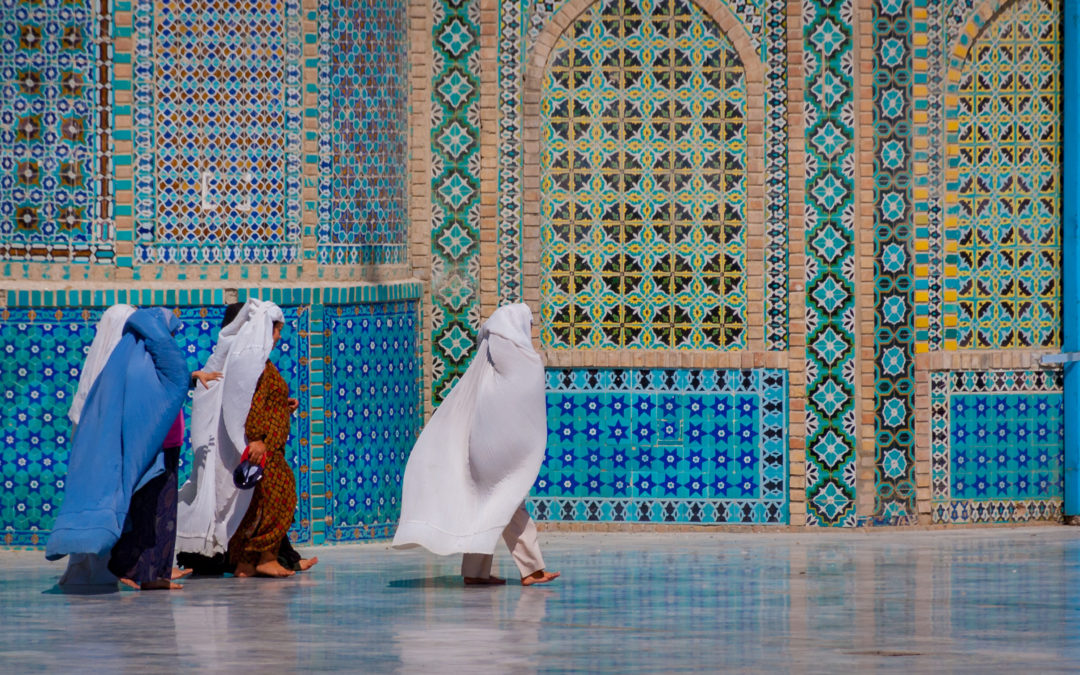
On behalf of the team at the Mittal Institute, our hearts are with the people of Afghanistan, who are reeling in the wake of new unrest. Over the past few decades, the people of Afghanistan have experienced large-scale and ongoing violence and conflict, with recent events only adding to this turmoil and resulting suffering. Our thoughts are with the Afghan people as they look to chart a new path forward – with the necessary support from their partners in the international community – to address their needs, and ensure that the rights and safety of the most vulnerable in their midst are upheld and respected. During this crisis, the Mittal Institute would like to bring attention to how our community can stay informed on what’s developing in Afghanistan, and ways that they can help.
Jul 29, 2021 | Announcements, Community, Faculty, News, Students
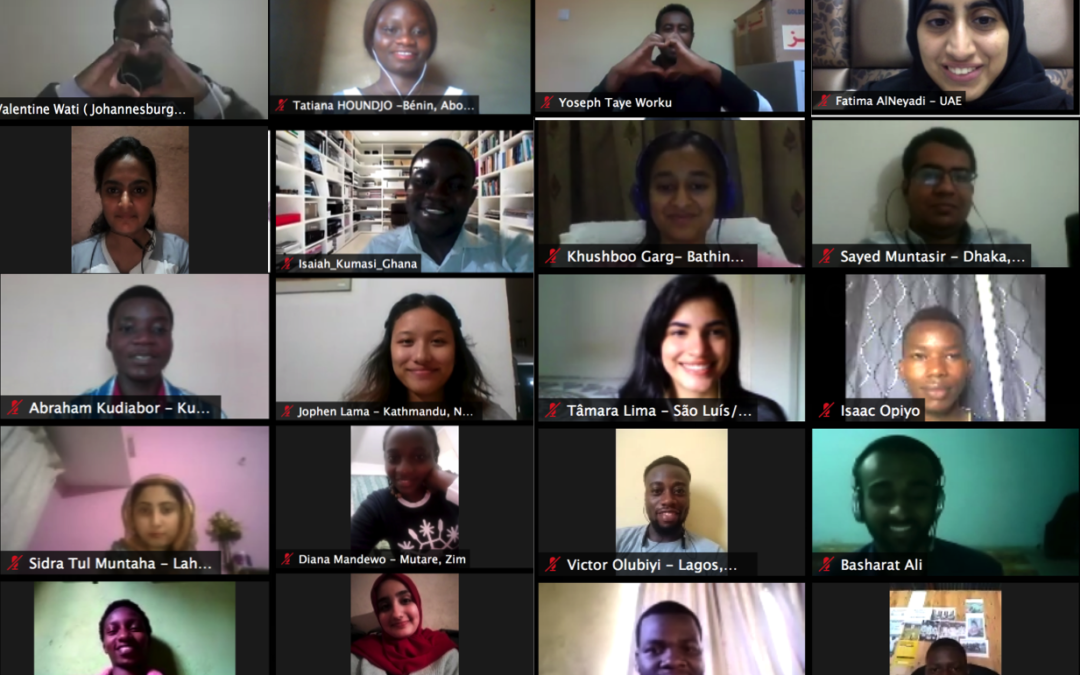
Since its inauguration in 2017, the Crossroads Emerging Leaders Program (CELP) has been devoted to engendering a transformation in the lives of first-in-family college students globally. By providing an array of educational resources, direct connections to Harvard faculty, mentorship opportunities, and affinity networks, CELP identifies and supports young people around the world in reimagining their academic and professional futures, fostering “success” through locally-grown, aspirational narratives, and in the process, building cohorts of next-generation leaders. This past month marked the conclusion of the fourth iteration—and second virtual iteration – of the program.
Jul 29, 2021 | Announcements, Arts Program, Community, News
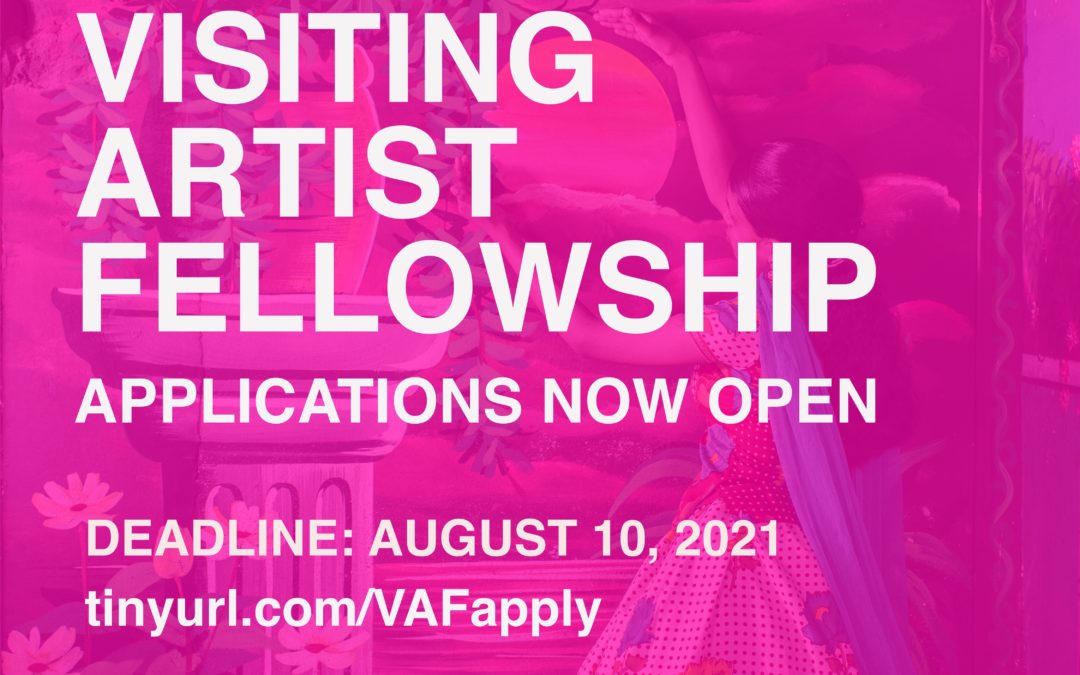
Art is a lifeblood of society, and its place at the Mittal Institute is stewarded through an Arts Program that offers such programming as the annual Visiting Artist Fellowship (VAF). This eight-week research fellowship at Harvard connects artists from South Asia with Harvard’s intellectual resources. The Fellowship provides a platform for four mid-career artists to conduct independent research that explores critical issues in South Asia through the lens of art and design. Interested applicants can now apply to join the Spring 2022 cohort – applications are due on Tuesday, August 10, 2021.












